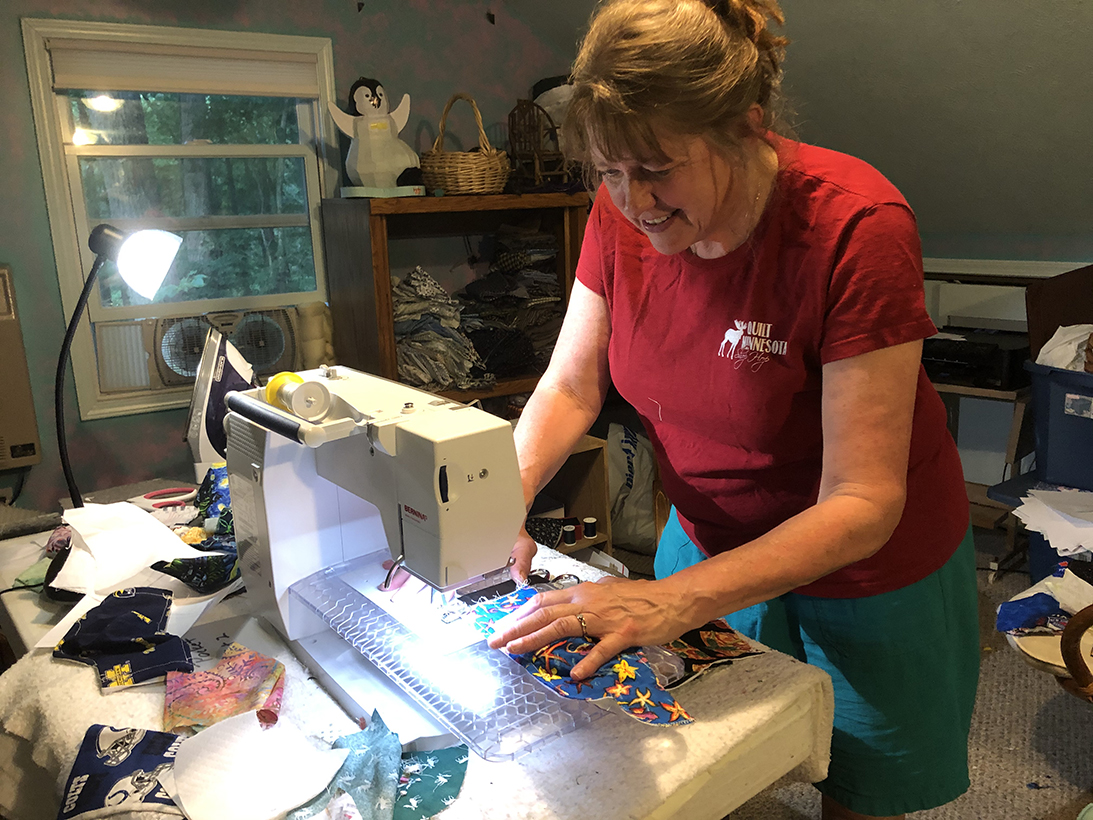
Mary I. O’Connor, MD, FAAOS; Ramon L. Jimenez, MD, FAAOS; Michael L. Parks, MD, FAAOS; Charles Nelson, MD, FAAOS
Healthcare reform has shifted payments from volume- to value-based models with a goal of lowering costs while maintaining or improving outcomes. An unintended consequence of the models, in their current form, is the threat posed to safety net hospitals that traditionally provide greater access to vulnerable populations.

Julie Balch Samora, MD, PhD, MPH, FAAOS
Many individuals demonstrated not only altruism but also innovation to help manage a shortage of personal protective equipment (PPE) during the height of the COVID-19 crisis, a few of whom are highlighted below. PPE can include cloth masks, made of woven fabric, often of natural fibers such as cotton; medical/surgical masks with nonwoven fabric, often of manufactured fibers such as polypropylene; and respirators such as N95s and, in Europe, FFP2, which are made of even more tightly meshed polypropylene, which can exclude viral particles.

Carl L. Herndon, MD
Spring came early in New York City this year, but you wouldn’t have known that by reading the news. Instead, you read of mounting cases of the dreaded SARS-CoV-2 and its associated illness, COVID-19.
Daniel R. Schlatterer, DO, MS, FAAOS
A recent two-part series published in AAOS Now discussed the history of telemedicine (TM) and its current application (“Telemedicine in Orthopaedics: Risks Versus Benefits,” December 2019; “Liability and Billing Concerns,” January 2020). Since then, the world has been embroiled in the COVID-19 pandemic, and acceleration of the use of TM has been one byproduct. Undoubtedly, the perception, understanding, and utility of TM have evolved rapidly for patients and healthcare providers. This article presents orthopaedic aspects of federal legislative changes pertaining to TM, particularly billing and regulatory changes, as well as an overview of TM best practices.
Sarah Wiskerchen, MBA, CPC
Modifiers are used to explain special circumstances about a service to the payer. Typically, when a modifier is not applied, the claim is denied or reimbursement is incorrectly reduced.
Some AAOS Now articles are available only to AAOS members. Please log in to access this article.
Not a member? Become a member.